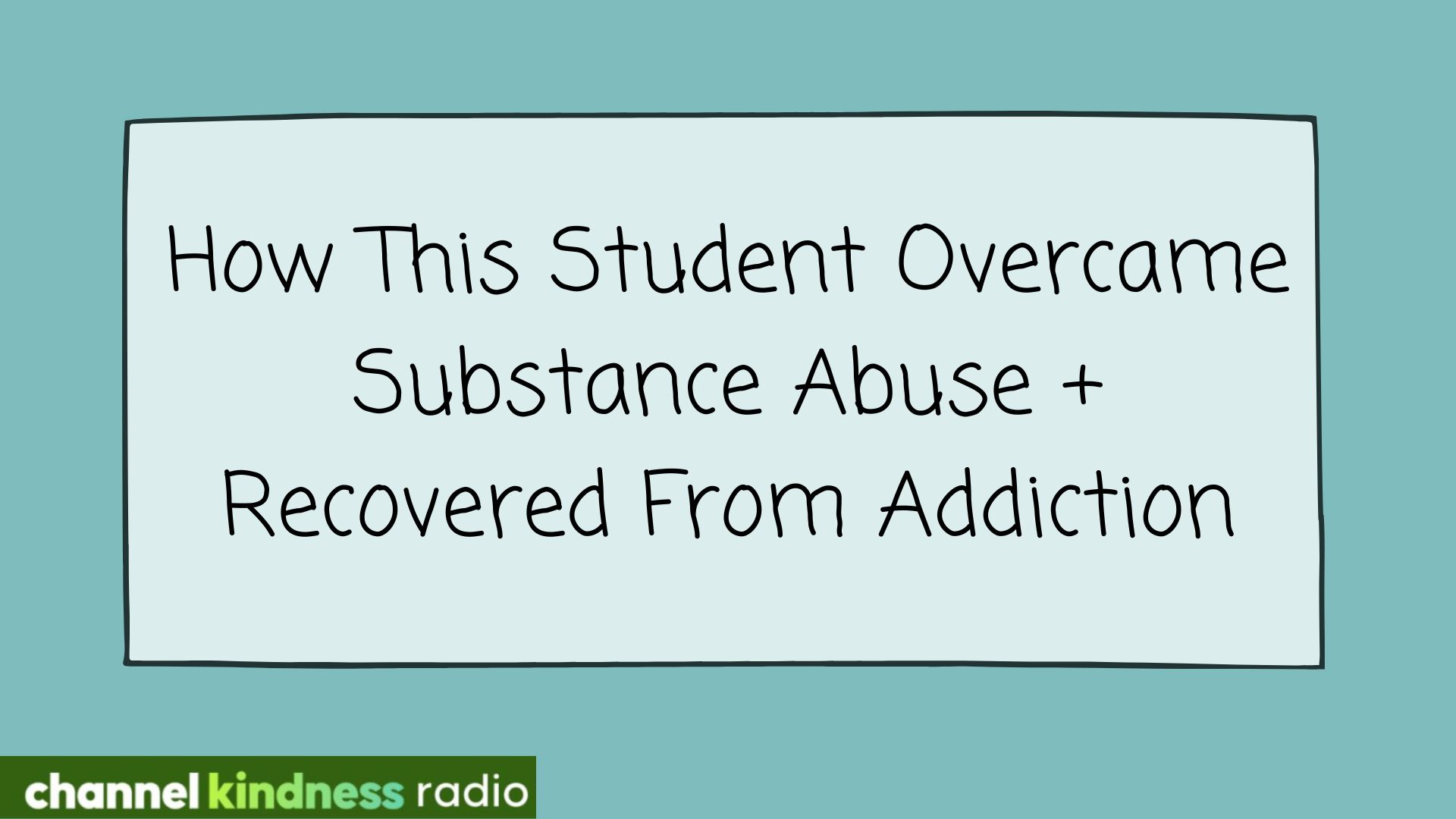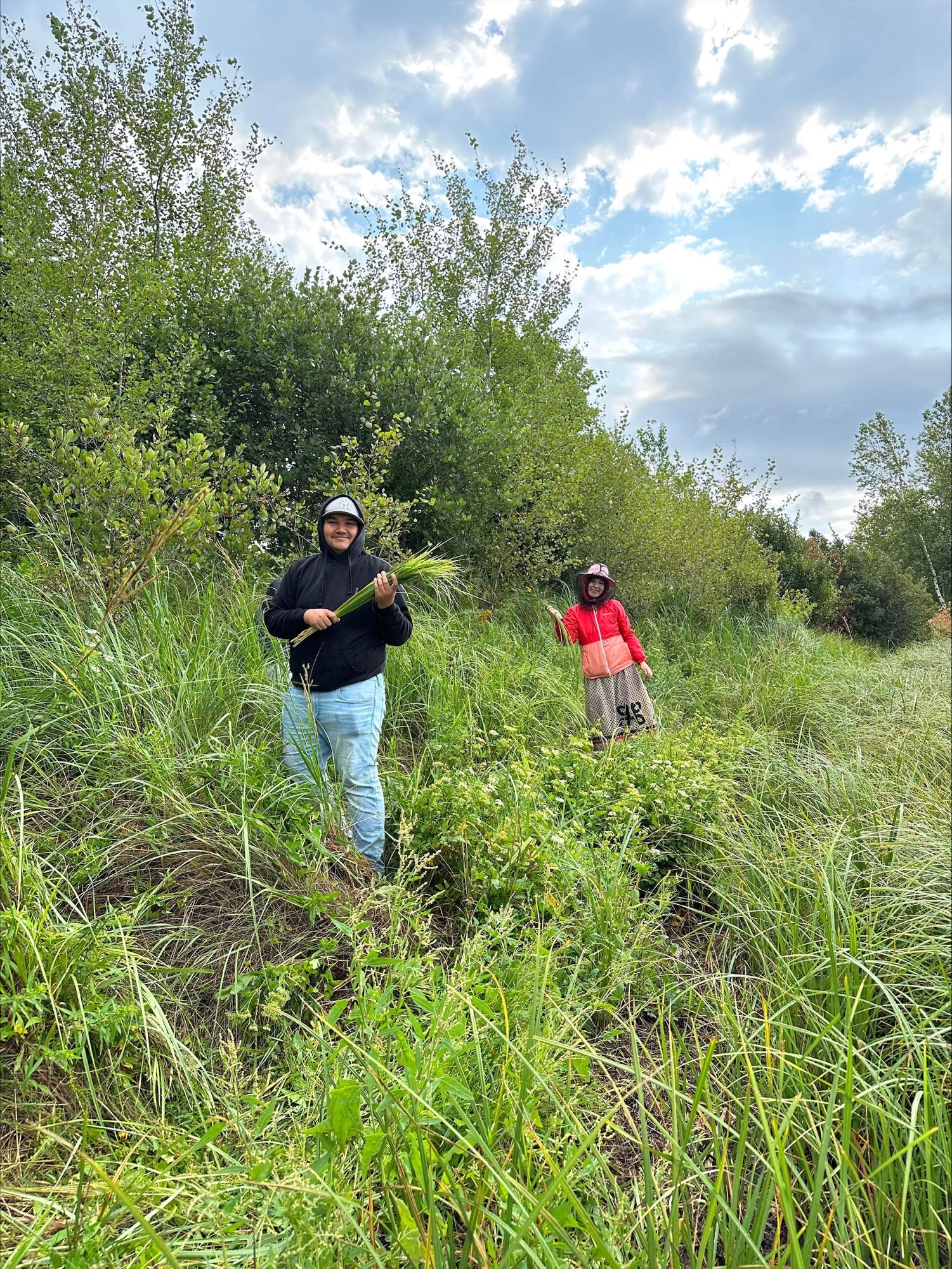We are both Born This Way Foundation youth advisory board members. Below we chat about dealing with high school stress and how we can be kinder to each other in the school community. As high school students ourselves, we definitely understand the peer pressure comparison and all sorts of things that come along with being a student and doing your best academically.
Audrey: My name is Audrey (she/her) and I am a coder and mental health advocate from the Bay Area, CA!
Shruti: Hello everyone! My name is Shruti (she/her), and I am an incoming freshman in college and mental health advocate from the Bay Area as well!
Shruti: How can imposter syndrome get in the way of being your best at school?
Audrey: Imposter syndrome can definitely manifest and feel different for everyone. You might be feeling pressures in your academic, athletic, extracurricular social, or family life. As high schoolers, we have so many tasks to balance while we are still growing in our journey of self-discovery. Personally for me, even when others compliment me for doing something, I still feel pressure that I am not good enough and that I must continue to exceed their expectations. Imposter syndrome also comes from comparing myself to others. While comparing ourselves to others could drive our progress, it may also lead to feeling inadequate about our weaknesses. There is definitely no easy way to overcome imposter syndrome at school, but I find it will help to surround yourself with friends who cheer you on, as well as teachers that challenge you the right amount.
Shruti: How can we be more mindful of our language towards others to create a kinder school community?
Audrey: For starters, you can ask for pronouns from someone you do not know so that person can feel comfortable in the conversation. This does not simply apply to schools, but the general community. You can do your part by including your pronouns when you introduce yourself. When talking about mental health, listen to others with compassion and acknowledge the stressors others may face with their academics or extracurriculars.
Audrey: How does comparison play a role in how you view yourself academically at school?
Shruti: Growing up in an extremely competitive area, I always found myself amidst conversations where my peers were discussing their academic and extracurricular activities. Comparison plays a part in making someone feel like they are achieving more or less than the people they are surrounding themselves with. I learned to be more mindful of the way I speak about how I am doing academically, and talk less about grades and how well I did on a test. I also learned to keep in mind that not everybody wants to talk about academics and that’s okay. Schoolwork can be a highly private part of someone’s life, and it’s important to remember to not be intrusive.
Audrey: What has high school taught you about what you want to take into your future and what you don’t want to take into your future?
Shruti: High school has taught me the importance of emotional maturity, making friends with people who you know will stick by you, and finding yourself before transitioning to the next phase of your life. I want to be able to stand up for myself, take accountability for actions when I mess up, and be there for those who are there for me. Life is all about learning and learning from our mistakes, and high school has taught me that no matter how many mistakes we make and how much we mess up, there’s always an opportunity to grow from it. I’ve also learned how to distance myself from people who are not adding to my life positively and I’ve learned that it’s okay if not everyone likes you. I used to be such a people pleaser, but I’ve learned that the only people that I should be worried about at the end of the day are the ones who truly care for me and understand if I am really happy myself.















